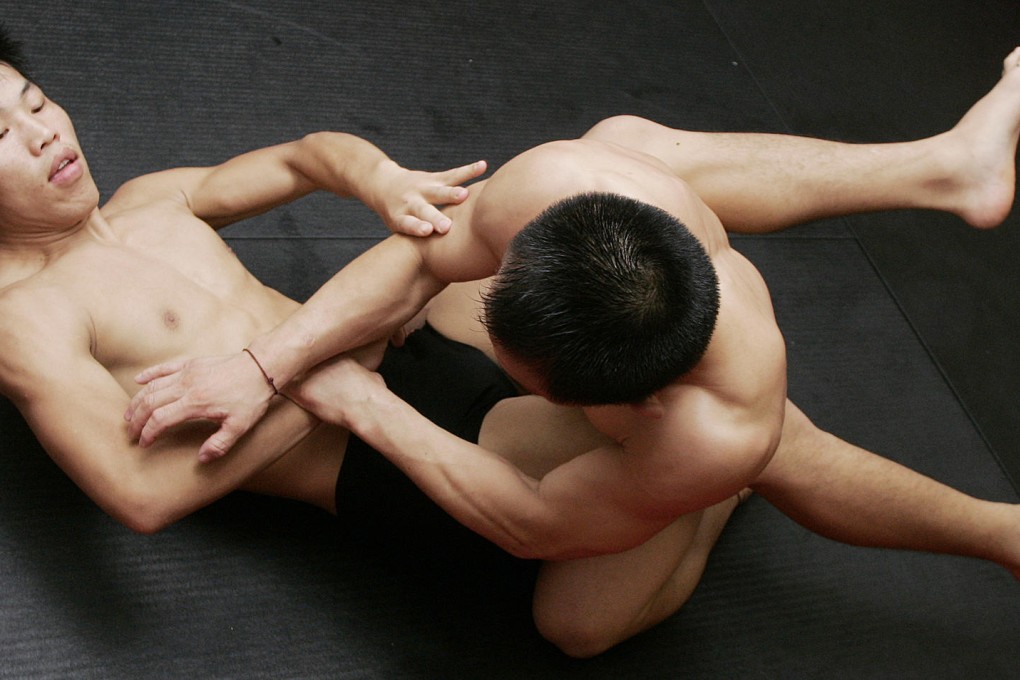Harnessing the power of China's MMA talent
Macau is the venue for the UFC's Fight Night this weekend and it's where the destinies oftwo promising mainland fighters converge

It's midmorning in the mountains north of Beijing and Ning Guangyou is racing towards the collapsed section of the Great Wall around Mutianyu. Every few steps he throws a left-right combination at the waves of heat radiating up from the ground. Other than his bursts of breath, the only sounds are the buzzing of gnats and the pounding of his feet on a dusty path.
More than 3,200km to the south in Phuket, Yang Jianping pounds the pads at Tiger Muay Thai, one of Asia's premier mixed martial arts gyms. Some of Asia's best fighters and coaches look on.
Ning and Yang are mixed martial artists who will finally come face to face at the Ultimate Fighting Championship's Fight Night in Macau this weekend. A showdown between these two has been on the cards since they first competed in the Art of War mixed martial arts promotion in 2009, but every planned bout has been derailed - until now.
We are the ones who have the fighter spirit. We are accustomed to hardship. It's the same when I train, I can train harder, and endure more
Ning and Yang, who represent opposite sides of the Chinese MMA spectrum, will decide who is the champion featherweight.
The two fighters could be considered members of the second generation of mixed martial artists coming out of China, a generation with half a dozen fighters competing in the UFC, the largest and most successful MMA promotion in the world.
Despite this, MMA has been very slow to catch on.

Liu Shangqing, who runs a Chinese-language website dedicated to MMA, estimates the number of hardcore MMA fans is somewhere in the tens of thousands.